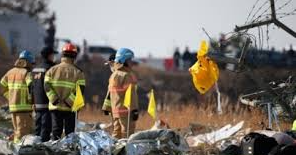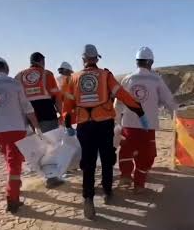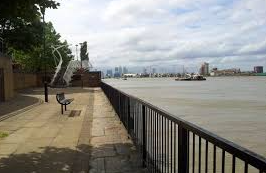
Jeju Air flight crashes at Muan International Airport, raising questions about the role of bird strikes and weather conditions.
More than 170 people have died after a tragic plane crash at Muan International Airport in South Korea on Sunday morning. The plane, a Jeju Air Boeing 737-800, crashed while attempting to land, leading to a catastrophic explosion.
The flight, 7C2216, was returning from Bangkok, Thailand, and was carrying 181 people, including 175 passengers and six crew members. The aircraft collided with a barrier after it overshot the runway, bursting into flames. While 179 people were confirmed dead, two crew members were rescued from the wreckage.
Authorities have suggested that a bird strike and adverse weather conditions may have contributed to the crash, although investigations are ongoing. The flight data and voice recorders have been recovered, but officials noted that the data may take up to a month to decode.
The crash occurred just minutes after the pilot reported a bird strike, declaring a “mayday” and attempting a go-around. However, the plane lost control, skidded off the runway, and collided with a wall. Eyewitnesses reported hearing a loud bang followed by a series of explosions, as videos from the scene showed thick smoke and flames engulfing the wreckage.
While a bird strike is suspected, experts have expressed doubts about whether it alone could have caused the crash, as such incidents rarely lead to catastrophic outcomes. Geoffrey Thomas, an aviation safety expert, questioned the likelihood of a bird strike being the sole cause, suggesting that the combination of factors, including possible landing gear issues, might be at play.
The flight’s passengers included both Thai nationals and South Koreans, many of whom were returning from a holiday in Thailand. Tragically, the crash marks the deadliest aviation accident in South Korea’s history, with 179 fatalities confirmed, including five children under the age of 10.
In response to the disaster, authorities have launched a full-scale investigation and declared Muan a special disaster zone, allowing for central government support. Jeju Air, which has never had a fatal accident before, expressed its condolences and committed to fully cooperating with the investigation.
The South Korean government has ordered an emergency inspection of all domestic airlines, and a national period of mourning has been declared. With the nation in shock, New Year celebrations have been significantly scaled down in the wake of the tragedy.










